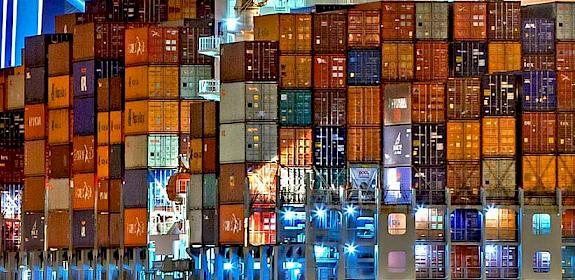Illegal wildlife trade rises up the political agenda in Viet Nam
Ha Noi, Viet Nam, 12th August 2009—The Central Committee for Communication and Education (CCCE), a body that advises Viet Nam’s Communist Party, meets today with representatives from international conservation groups TRAFFIC, the wildlife trade monitoring network, WWF, and IUCN, the International Union for Conservation of Nature, to discuss raising awareness about the illegal wildlife trade and its impact on the conservation of Viet Nam’s natural resources.

Rising consumer demand is driving a lucrative, but often illegal and unsustainable trade in wild plant and animal products in Viet Nam, threatening the country’s incredible biodiversity. With many endemic and threatened species on the verge of extinction, the Government of Viet Nam is increasing its commitment to combat the illegal trade.
It is the first time an advising body to the Viet Nam Communist Party has been directly involved in efforts to raise awareness of the illegal wildlife trade nationwide.
Professor Pham Manh Hung, former Deputy Chairperson of the CCCE, senior expert of the Committee and Chairman of the current workshop said he was anticipating a lively discussion. “We are excited at the opportunity to discuss these issues with diverse stakeholders,” he said, adding that he felt the workshop would bring the country one step closer to a solution.
James Compton, TRAFFIC Asia-Pacific Programme Coordinator, reinforced Hung’s remark. “The recognition by an advising body to the highest levels of the Viet Nam Communist Party that Viet Nam needs a unified front to combat illegal and unsustainable wildlife trade practices demonstrates the kind of commitment needed for the country to conserve its unique heritage for future generations.”
The collaboration comes at a critical juncture in Viet Nam’s economic development as many key stakeholders from the government and private sector appreciate that the security of the natural environment is essential to securing Viet Nam’s long-term economic foundations.
Meeting participants will be provided with an overview of the Party’s policy on biodiversity conservation and wildlife trade; of the general trade scenario in the country; of the state management of wildlife trade; and will discuss areas for action by government departments and stakeholders in tackling unsustainable wildlife trade, including the role of relevant laws and policies, strategies for managing the wildlife trade, and solutions to the problems.
The essential role of the press in changing attitudes and encouraging sustainable practices will also be highlighted.
A TRAFFIC and WWF-led wildlife trade campaign, which aims to change Vietnamese consumer attitudes to reduce the illegal and unsustainable trade in protected wildlife, recently demonstrated that the two largest consumer groups for wild animal and plant species in Ha Noi were government officials and businessmen.
The workshop is the first of two events designed to reach the primary consumer groups for wildlife and wildlife products. The second, to be held in Ha Noi in late September, will address the business community. Both workshops have been made possible through the generous funding of DANIDA.
The current two-day workshop, jointly organized by TRAFFIC and the CCCE, takes place at Van Long Wetland Nature Reserve in Ninh Binh province. There, participants will be able to experience at first-hand a successful model of community-based conservation in action. They will be able to witness groups of Delacour Langurs Trachypithecus delacouri return to their homes on the riverside cliffs at dusk, and listen to the sunset chorus of hundreds of birds.




